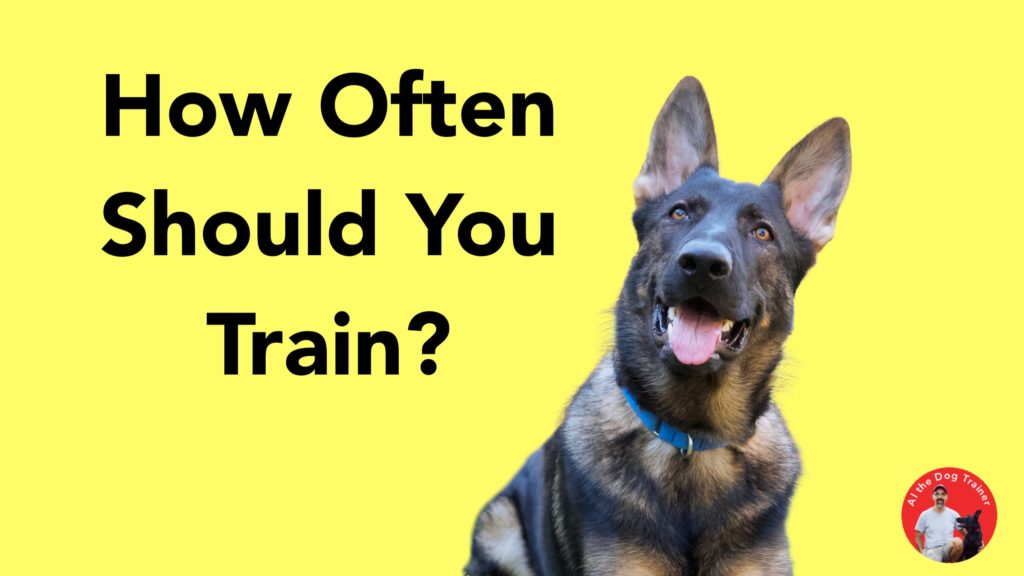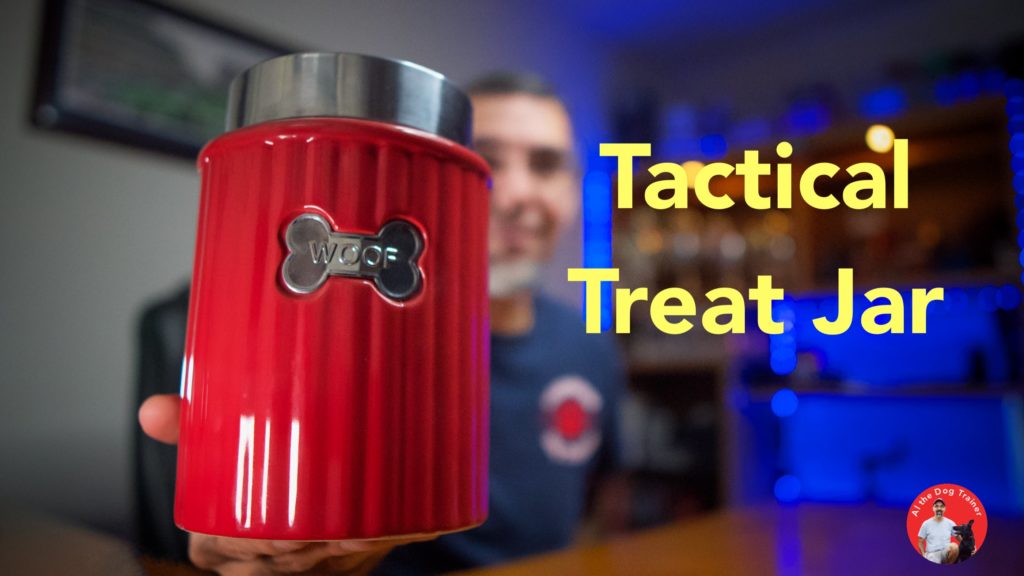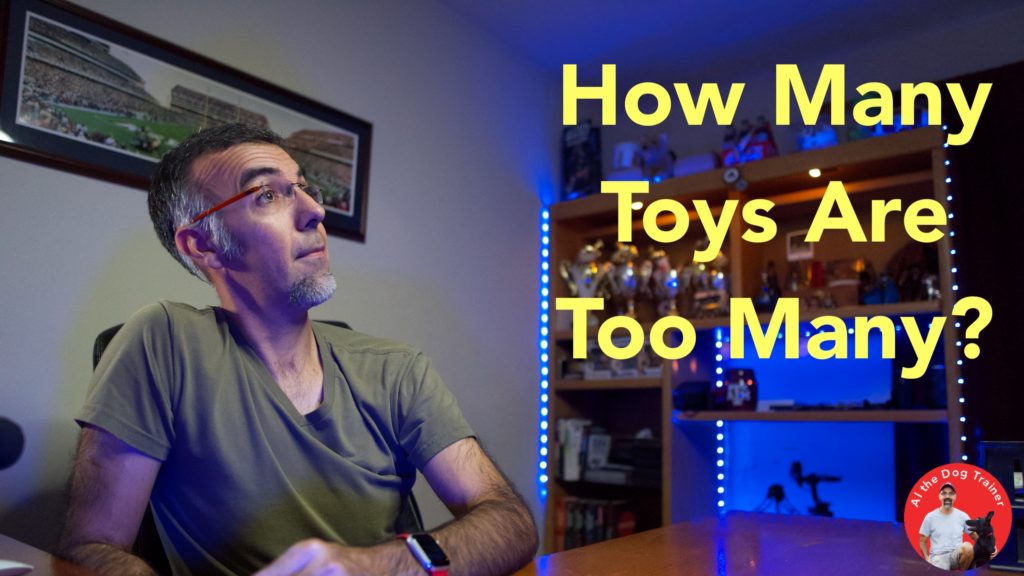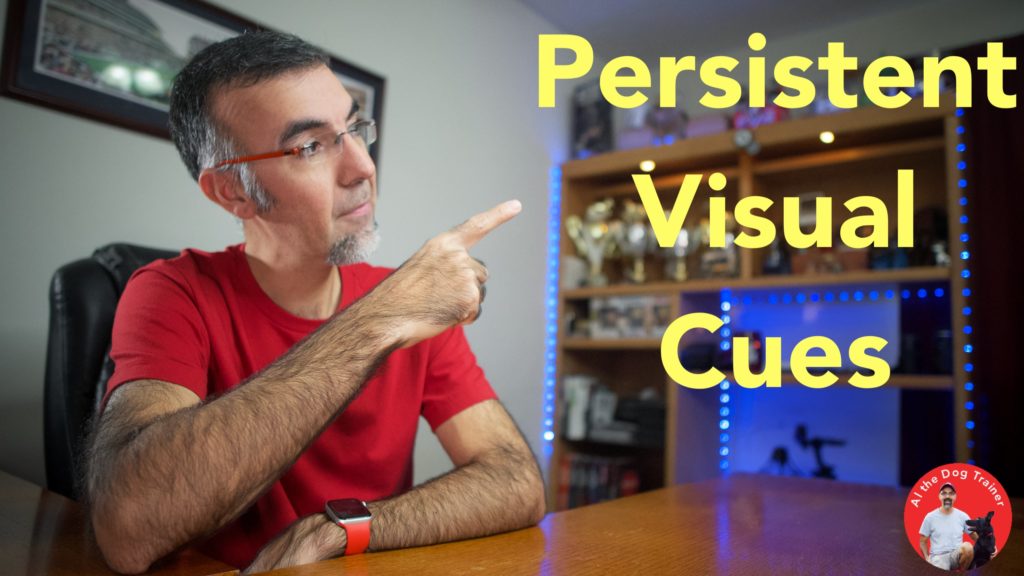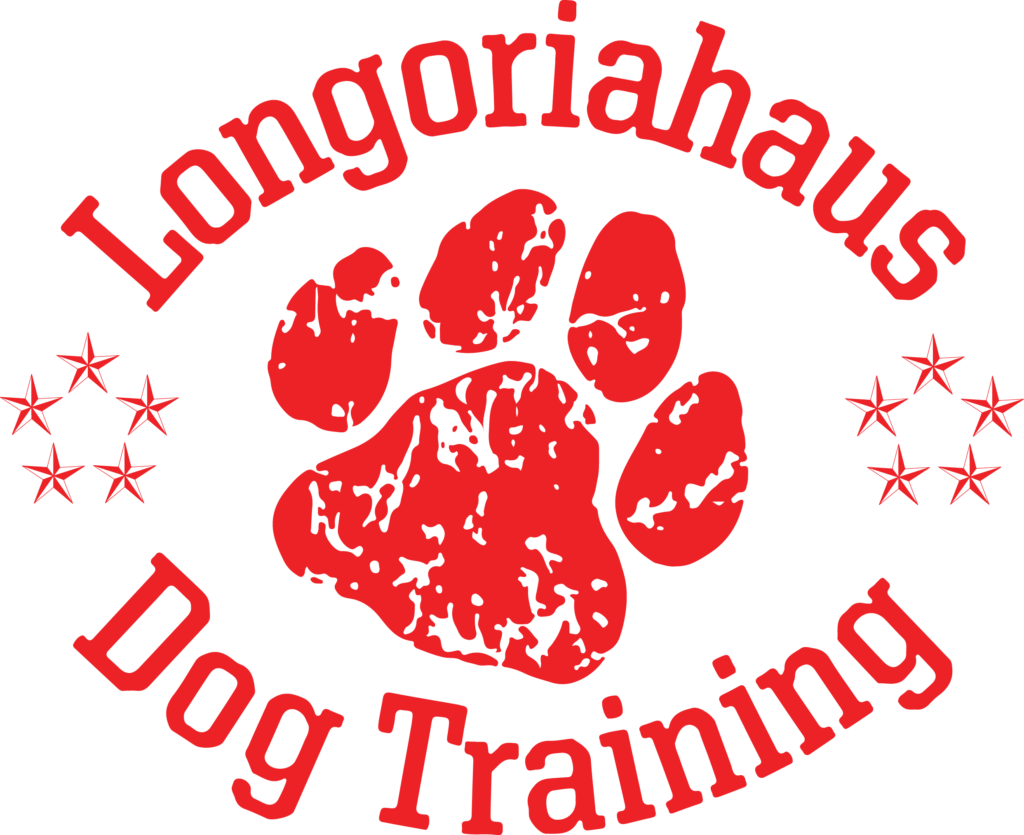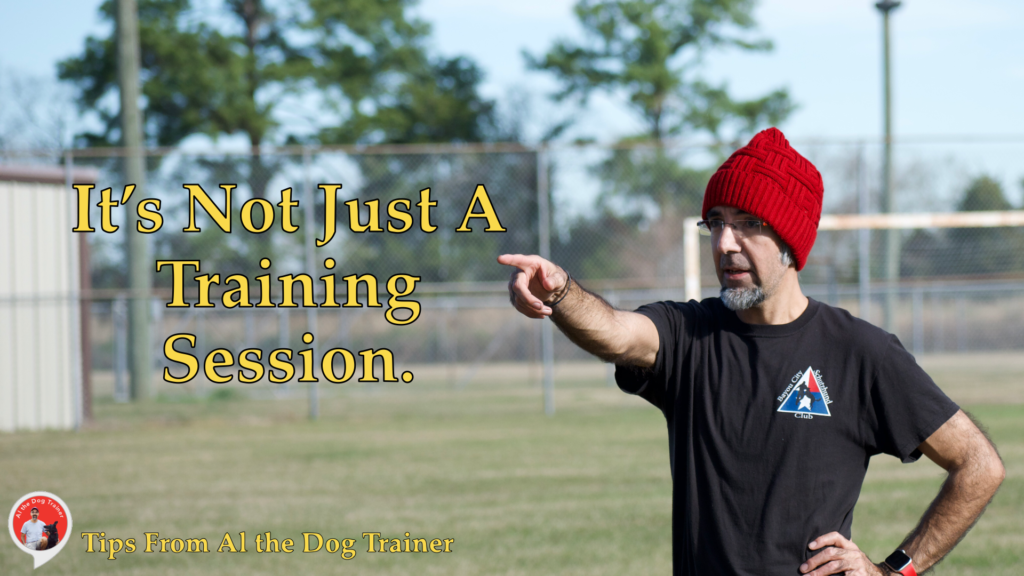
I just wrapped up a training session with a family who has multiple pugs. We went through a basic obedience course that consisted of walking on a slack leash, come when called, and stay. I’m a pretty technical person when it comes to training. During these sessions, I want people to know the nuts and bolts of making these drills work.
Place-Stay
One of the things that was helpful for my client was the place-stay drill to solve some problems. One of her pugs would insistently scratch at her leg asking for food when she sat down for a meal. This is where place stay was necessary. (If you’re looking to improve your dogs place-stay, here’s 5 ways to improve.)
They began to have one dog out at at time to train during dinner. The other dog would be put away in the crate. I showed her how to bring the place bed into the same room and put the dogs there. Once the dogs stayed on the bed, I would reward them for being where I wanted it to be.
Show Them Mistakes
I did have leashes on the dogs when I wanted them to come off of the place bed. This is a technique I like to use so they know when they have made a mistake. This allows me to put the dog back and not reward them when they make the mistake. The dogs soon realized that if they stay calmly on the bed they will get rewarded.
Incorporate Into Your Lifestyle
When it comes to household manners, use your dog’s skills and incorporate them into your lifestyle. For instance, when you’re cooking, don’t make them leave the kitchen. Show them where you want them to be. Send the dog to the target spot within the kitchen and out of the way. Give them a reward like a small piece of the food you’re cooking, while they’re on the target.
When you reward human food, you’re not teaching the dog to have the expectation that they will always get that. What they will learn is you’re rewarding them. You could easily do that with some of their treats or dog food as well.
In a training session it’s important to drill, and to practice. But it’s even more important to incorporate those drills and practices to solve the real issues.
I hope this is useful. If you have questions or comments, don’t hesitate to text me at (832) 734-5189 or visit my YouTube Channel. I also have many more tips just like this here on my website at www.longoriahausdogtraining.com.
Happy Training!

